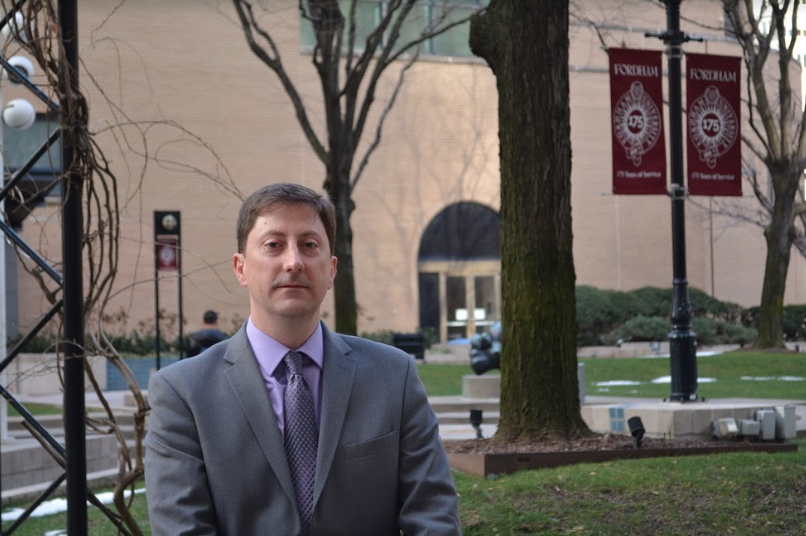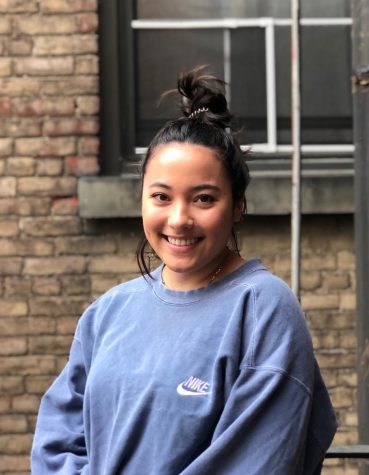Fordham Anticipates a Required Diversity Course in the Future
ADRIANA GALLINA/THE OBSERVER
Dean Keith Eldredge has been involved in planning this course since its inception.
May 1, 2019
In 2015, university president Rev. Joseph M. McShane, S.J. called for the creation of a diversity task force that developed the idea for a required, credit-bearing diversity and inclusion training course. It was initially slated to be implemented in the Fall of 2019, but now is likely to undergo a three-to-five year delay.
The program is a part of the newly implemented First Year Experience, a multifaceted yearlong program created to support freshmen. This idea had been anticipated to begin at Fordham College at Lincoln Center, Fordham College at Rose Hill and the Gabelli School of Business.
Dean Eldredge, assistant vice president and dean of students, was appointed as a part of the team building the new diversity course. He believes that multicultural training is not adequately accounted for in the current curriculum. “I think that courses focused on race, ethnicity and culture are now counted within the pluralism attribute, so there is less focus on students of color and underrepresented groups,” he said. Eldredge claims that the expansion of diversity is a driving force for the creation of this course, referring to it as “a diversity action plan.”
The diversity course will take inspiration from elements from the First Year Formation program (FYF), which was designed to support incoming students dealing with the transition to college. Eldredge said, “It won’t be the same thing [as the FYF] … the new First Year Experience course will have more of an emphasis on the diversity component.”
One goal of this course is to encourage an integrated learning community. “We are looking at the idea of integrated learning communities on a smaller scale, which would be in conjunction with this new First Year Experience course,” said Eldredge. Rafael Zapata, chief diversity officer, is putting together prototypes of activities for the First Year Experience for the Fall of 2019.
As of date, the committee planning the diversity course has encountered multiple issues including inadequate funding, time constraints for finalizing the curriculum and selecting instructors for the course. Eldredge explained these issues resulted in the delay of the program. “We want to do it right,” he said.
After the course is planned, it will also have “to go through a governance structure of different councils, and faculty senate and folks voting on and approving it,” according to Eldredge. Eldredge mentioned that faculty have the final say about which courses get credit.
“The ultimate plan still remains to have a one-credit course that would be required of all students in the traditional undergraduate colleges,” said Eldredge.











